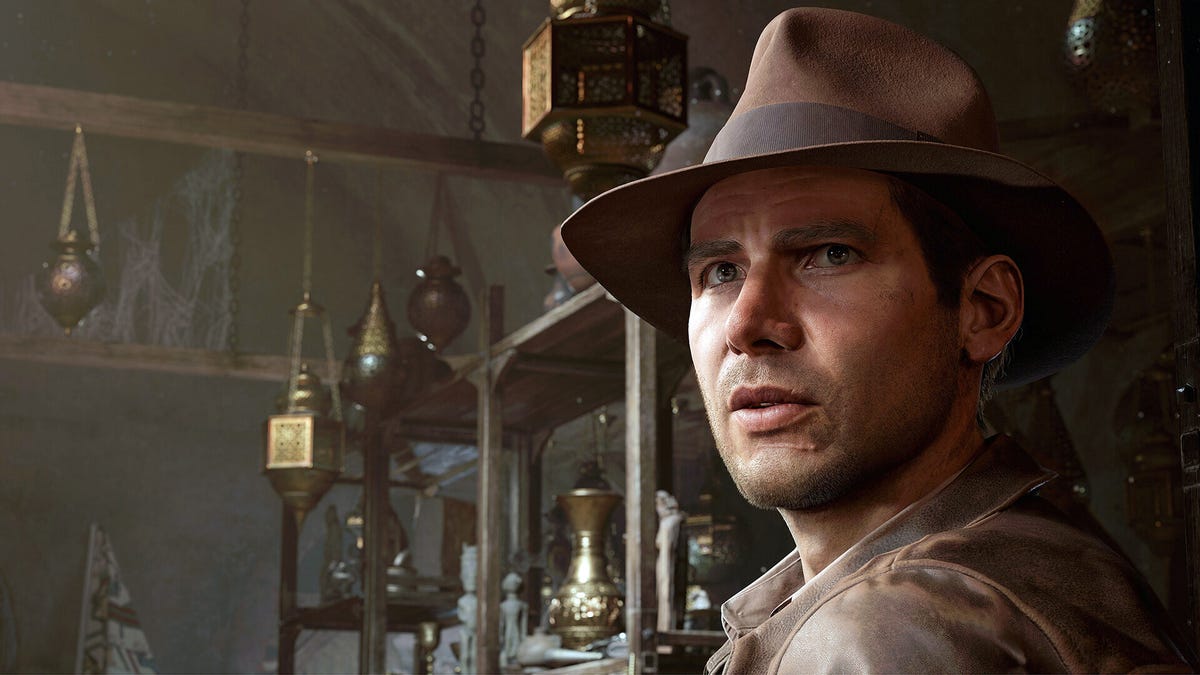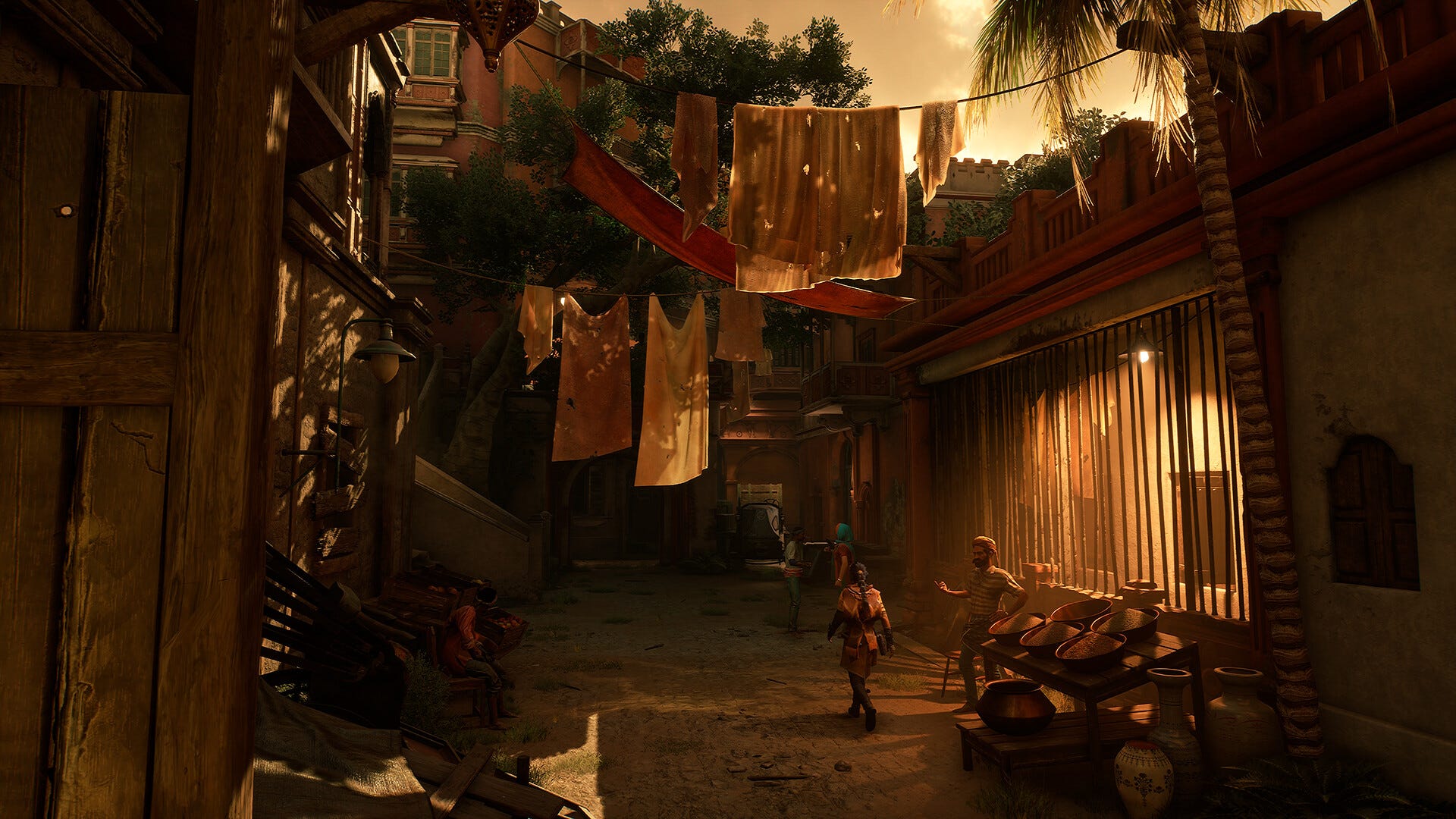We’re Lucky to Have Been Alive in the Age of David Lynch
The filmmaker behind Twin Peaks, Mulholland Dr., and Blue Velvet, who died at 78, made the strange seem normal and the normal feel strange.


Cigarettes, coffee, candy. According to legend, and to people who spent time with him, these were the things David Lynch would fuel up on, substances that kept him going and contributed to the mad, cosmic swirl of ideas that found their way—to our lasting pleasure—from his brain to the screen. None of these substances, in excess, is particularly good for us, and cigarettes especially are a killer: Lynch, who for most of his life just couldn’t quit them, was diagnosed with emphysema in 2020, and he urged others off the habit, offering his own story as a cautionary tale. Of course, cigarettes don’t make you a genius; neither do coffee or M&Ms. But Lynch’s love for them is part of his lore. They’re earthly remnants of his glorious, certified oddball spirit, like tools scattered around the workbench of a recently departed artisan. No one thought or saw things as he did; no one made movies or TV shows as he did. Lynch, who has died just a few days shy of his 79th birthday, was so extraordinary that fairly early in his career, his last name became the foundation of a descriptive adjective. But even if he inspired dozens, if not thousands, of filmmakers and TV creators, he remained inimitable. No one was more Lynchian than David Lynch. [time-brightcove not-tgx=”true”]
If you were in high school or college anytime in the late 1970s or early 1980s, you knew about Lynch’s unnerving, hypnotic black-and-white feature debut Eraserhead, even if you hadn’t seen it. There was a lady, with strange, puffy, cauliflower-shaped cheeks, living in a radiator? And a deformed, pus-oozing baby? Once you heard about Eraserhead, you either rushed to see it, or you waited, unsure whether you could handle it. (That was me—though I eventually corrected my grievous error in judgment.)
Lynch’s movies were like that: sometimes they felt a little intimidating, but once you gave yourself over to being beguiled, charmed, weirded-out, you only wanted more. They made strange things seem normal and normal things feel strange. I can’t pass through steam rising from a grate without thinking of Lynch. Born in 1946 in Missoula, Mont., Lynch had originally aimed to be a painter; he studied at the Pennsylvania Academy of the Fine Arts, in Philadelphia, where, in 1967, he made his first short film. Not long after, he and his wife and daughter moved to Los Angeles: he enrolled at the AFI Conservatory, which was where Eraserhead was conceived and made. Mel Brooks was so taken with the film that he hired Lynch to direct a movie he was executive-producing, The Elephant Man (1980), set in Victorian London and based on the life of Joseph Merrick, who suffered from a rare genetic condition that caused abnormal growths to appear on his body. The Elephant Man is an elegant picture, one of Lynch’s most straightforward and touching films—but even then, the joyful melancholy of its visual poetry is distinctly his own.
Read more: How Twin Peaks Changed TV Forever
Lynch’s next project was an ill-fated adaptation of Frank Herbert’s Dune, which has since become a cult favorite: Lynch’s lesser films and shows are often more imaginative than other directors’ best efforts. In 1990, he recalibrated everyone’s idea of what television could be with a show steeped in genuine weirdness: In Twin Peaks, Kyle MacLachlan starred as Agent Dale Cooper, a detective who finds—what else?—darkness in the heart of a small, woodsy town in the Pacific Northwest as he investigates the murder of high school student Laura Palmer. Lynch revisited this material in 2017 with Twin Peaks: The Return, set 25 years after the events of the original series. And in between, there were so many movies and side projects—from the black-comedy romance Wild at Heart (1990), to the glittering, noirish Lost Highway (1997), to a creamy, dreamy commercial for Yves Saint Laurent’s Opium (1992), to a somber-shivery rat-centric 1991 PSA for the New York City Department of Sanitation—that there’s no way to do justice to all of them here.
Maybe it’s a fool’s errand to try to narrow Lynch’s greatest films down to two. Where would that leave his gorgeous and mournful 1992 Twin Peaks: Firewalk with Me, or 1999’s homespun reverie The Straight Story, based on the true story of an elderly man who, having lost his driver’s license due to his failing eyesight, drove a tractor from Iowa to Wisconsin to see his estranged, dying brother one last time? But for those who weren’t around at the time, it’s hard to convey how the release of Blue Velvet (1986) seemed to blow a hole in the world. MacLachlan stars as small-town naif—there’s that small-town thing again—Jeffrey Beaumont, who discovers a severed ear in a field, a mystery he feels compelled to solve. This is how he meets nightclub singer Dorothy Vallens (Isabella Rossellini, radiant as a night-blooming flower), who’s involved in a twisted relationship with sicko gangster Frank Booth (Dennis Hopper). Blue Velvet was perverted, depraved, upsetting—it was also so disarmingly seductive that it left you feeling more than a little drugged, as if your brain had been rewired in a peculiar and irreversible way.
For that reason, we probably should have been ready for Lynch’s 2001 Mulholland Dr.—but I, for one, wasn’t. A tale of two aspiring starlets, played by Naomi Watts and Laura Harring, Mullholland Dr. begins in a sun-drenched Hollywood that still seems to be enjoying its heyday (Ann Miller shows up, brassy as ever, in red silk glamour PJs and saucy little spit-curls), only to swerve into a seedy nightmare version of itself. Seemingly every character has a dark, glittering secret; one has amnesia—she doesn’t even remember what her secrets are. What, exactly, was going on here? Mulholland Dr. featured steamy, dreamy girl-on-girl sex; it was structured like a puzzle box you could never hope to understand; its pacing was liquid and languid, and yet it seemed to be over long before you wanted it to be. Was Mulholland Dr. anti-Hollywood or pro? It was definitely a condemnation of the town’s greed and dishonesty. But Lynch was also luxuriating in its world of legends—its Spanish stucco mansionettes, its insistence that a girl from a tiny town could be discovered at a lunch counter and become a star—and found that he, like us, just couldn’t let any of that go. Hollywood means so many things—it’s a place that exists in multiple dimensions at once. No movie brought that home like Mulholland Dr.
That was what Lynch was all about. He genuinely believed in sunny, middle-American values, but he was also fearless about probing the wormy soil of the American spirit. Whatever it is that makes an American—a belief in kindness and goodness, the ability to dream big, an eagerness to extend a helping hand where it’s needed—Lynch believed in all of it. He often claimed to be apolitical, and it’s true that his politics have never been clear-cut. When The Straight Story came out, we all murmured that he was probably a Republican. In a 2018 Guardian interview, he observed that Donald Trump “could go down as one of the greatest presidents in history,” alluding to the way the 45th president had disrupted the system—you could read that as praise or not, but in hindsight, most of us have to acknowledge Trump’s almost mystical hold, even on people who should know better.
Rather than vest Lynch with any specific political bent, it’s more helpful to think of him as a quintessentially American filmmaker: He was alive to all the things we do and think, to the horrors we visit upon the world that we have no excuse for, to the dishwater secrets we wish we could hide even from ourselves. But he also found beauty and joy in trees and birdsong, in the bluest of skies, the reddest of roses, the whitest of white picket fences. Near the end of Blue Velvet, Kyle MacLachlan’s Jeffrey and Laura Dern’s Sandy marvel at the sight of a robin with a bug clamped in its mouth: “It’s a strange world, isn’t it?” Sandy says with a cheerful smile, happy to embrace all of it. Because really, what’s the alternative?
We live in awful times: many of us, horrified by both the facts of real news and the falsity of disinformation, say this to ourselves again and again. But there’s something else we should be thinking about as we reflect on our collective pop-culture past and one man who shaped it like no other, bringing off-the-charts outlandishness to our television sets and the grandeur of both sweet dreams and nightmares to our movie screens. We’re lucky to be alive right now; we’re lucky to have been alive in the age of Lynch.
What's Your Reaction?































